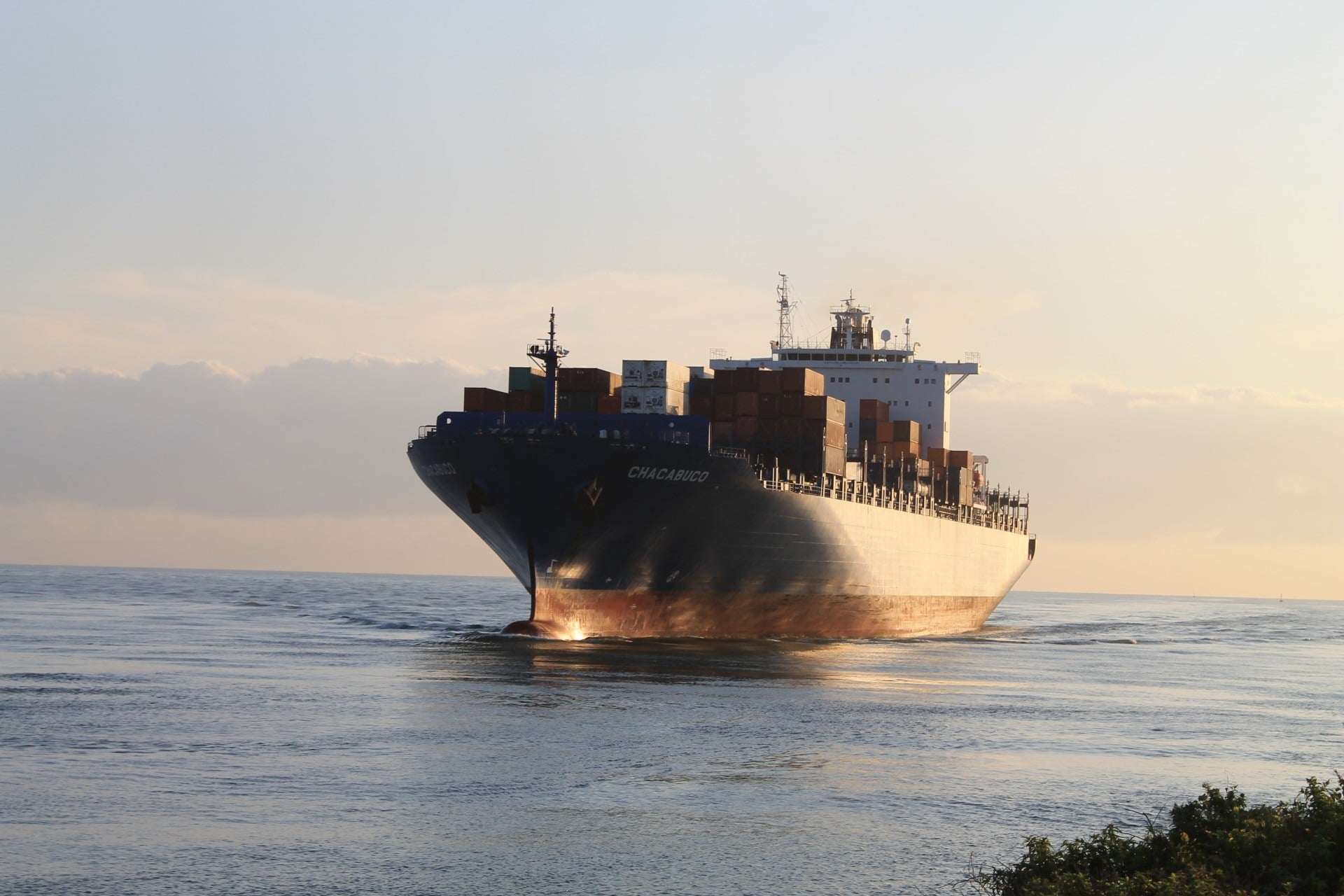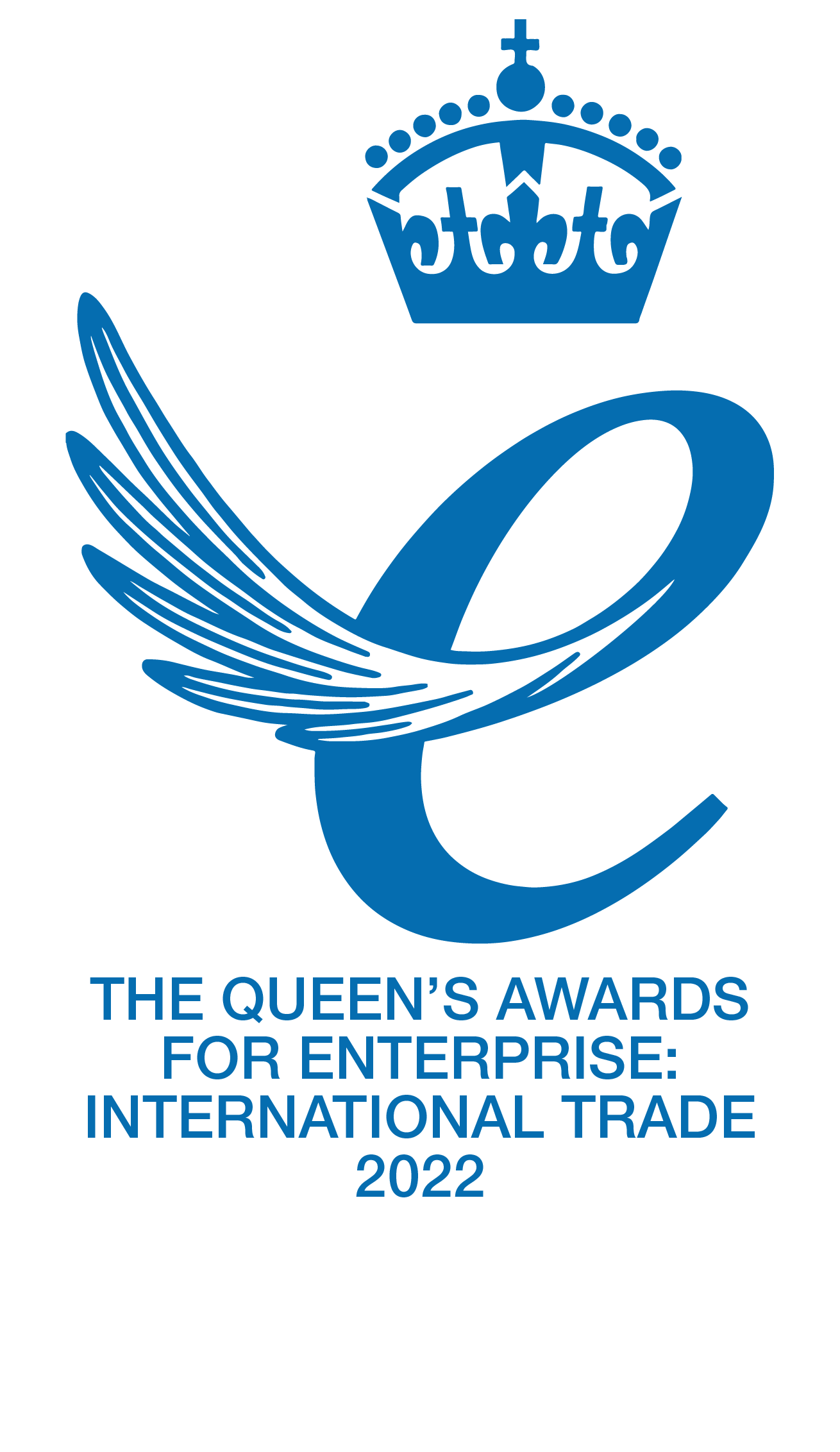We do business in ships. We do business in great waters. And we in London are in the world’s maritime centre.
Why are ships still lost at sea? Why is sinking the No 1 reason for it still? Why is fire the No 2 reason still? And why are hundreds of seafarers and maritime professionals still dying in peace time? Why are the worst operators in our global industry still employing people in a state of modern slavery on our worst ships?
We have regulations to prevent the risks of sinking, fire and slavery at sea. Yet it stills happens. Is the problem one of regulation or implementation? If it is the latter, might each of us ask whether now is not the time to exert our own leadership in our own industry?
Are we acting as leaders in our industry? Is Government leading us as the maritime nation we are? These are 3 key issues I contend the UK maritime industry could readily resolve today if we truly act as leaders, working closely with government. Government have launched the UK’s 30-year maritime strategy – Maritime 2050. And 4 of the 5 core values in it – apply to us here today:
- That the UK maintains itself as “a premium brand uncompromising on safety”.
- Making a commitment to the rules-based system.
- Within the context of a Global UK.
- And a government-industry partnership.
Let us examine how these 3 issues – which are aligned with Maritime 2050’s focus on safety – can be implemented:
1. In confined space entry the regulations state every ship must have aboard oxygen monitors and flammable & toxic gas monitors.
- So we have the kit on board to protect life at sea. We have written the procedures for their use, based on the fundamental underlying science, and their engineering and technical implications.
- So why are mariners losing their lives every year at sea when they enter a confined space and stay there? Dead.
- If the kit is aboard, and the procedures for their use are written. The only reason they die is in our industry’s failure in leadership – whether from Masters and Chief Engineers aboard the vessel.
- Or from their head office ashore.
- That is the consequence of poor leadership.
2. The regulations require each ship to inspect its own gaseous fixed fire suppression system for CO2 leakage in order to protect against fire at sea.
- The regulations are clear that every ship must “have the means for the crew to check the contents” of the CO2 system. It is clear why. No one ashore can check when the ship is at sea. Anything pressurised can leak. CO2 is at 720 psi. That is 45-50 bar of pressure. So it will leak and sometimes accidentally discharge.
- The Master and Chief Engineer are trained of its location, what its effect on fire is. How to actuate it and to conduct a simple visual inspection of it.
- Yet few of them understand the science behind it or its physical characteristics. They understand it can asphyxiate. Yet we still have mariners dying at sea because of it.
- We know it is a liquid gas stored under pressure and that it vaporises on discharge and expands by volume.
- Yet we also know – because we supply the marine servicing companies the equipment to test for contents – that in Dubai they report that the average CO2 contents deficiency is 20%.
- So that leaves the ship below the threshold at which sufficient design concentration can be generated in the event of fire to put it out. Why?
- Because our worst ship owners do not want the CO2 & marine CO2 systems maintained. They want the certificate issued by the company to say that it was. For insurance purposes only.
- And in China we know that 80% of Chinese flagged vessels are deficient in their CO2 systems. And every year mariners die, ships are lost. To fire.
- I wonder whether you study the MCA accident investigation reports. The MCA have some of the best in the world. How many of the accident reports reference the contents of the CO2 system?
- All of these combine – not to a lack of regulations nor to the written procedures – but to a lack of leadership.
- When I started in shipping 25 years ago the world fleet consisted of 40,000 ships. Operated by 8,000 ship owners. Over 5 years I visited nearly 3,000 of them. Today my company’s products are in service with 10,000 ships. Technology to improve fire safety. So nearly 20% of the world fleet are sufficiently concerned. They are the ones who lead.
- The world fleet is now 55,000. So that leaves 35,000 vessels that have no concerns that their CO2 & marine CO2 systems– the very system that protects their ship from fire which is the No 2 reason for ships loss at sea – may have insufficient contents to extinguish a fire if it occurs.
- This failure of leadership is one of the reasons why every week we read of yet another ship with an uncontrollable fire.
3. In the way we crew our vessels, some of our worst operators think that the cheapest crew is best.
- And some think that they should be worse than that. To allow mariners to exist in the state of modern slavery that they do is the opposite of good leadership.
- Which is why in Maritime 2050 our government has committed to eradicate it in the next 10-15 years.
- I believe we will be the first nation on earth to do that combining our maritime with our fine naval traditions that abolished slavery in the 19th century and to eradicate its modern form today – that is an act of leadership.
- By our government. And all of us can play our part to inform, advise and command. To work with government. As a core UK value.
- That is leadership.
Our peers had the wherewithal to identify these 3 problems of confined space entry, CO2 leakage and modern slavery, and generate the policies that led to the regulations at home in our MCA and globally at the IMO. To preserve safety of life at sea. By implementing the regulation through appropriate technology and leadership.
As a start, why not read Maritime 2050 and respond to the call of our government to play your part in a spirit of public service to help implement it?
CSPH
Extract taken from the Keynote Speech to the Lloyds Register Foundation
By Carl Stephen Patrick Hunter CEO Coltraco Ultrasonics
At Lloyds Register 71 Fenchurch Street EC3 on 22nd May 2019






